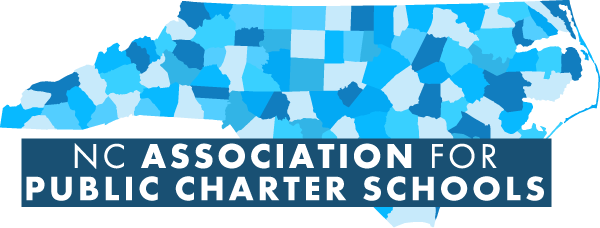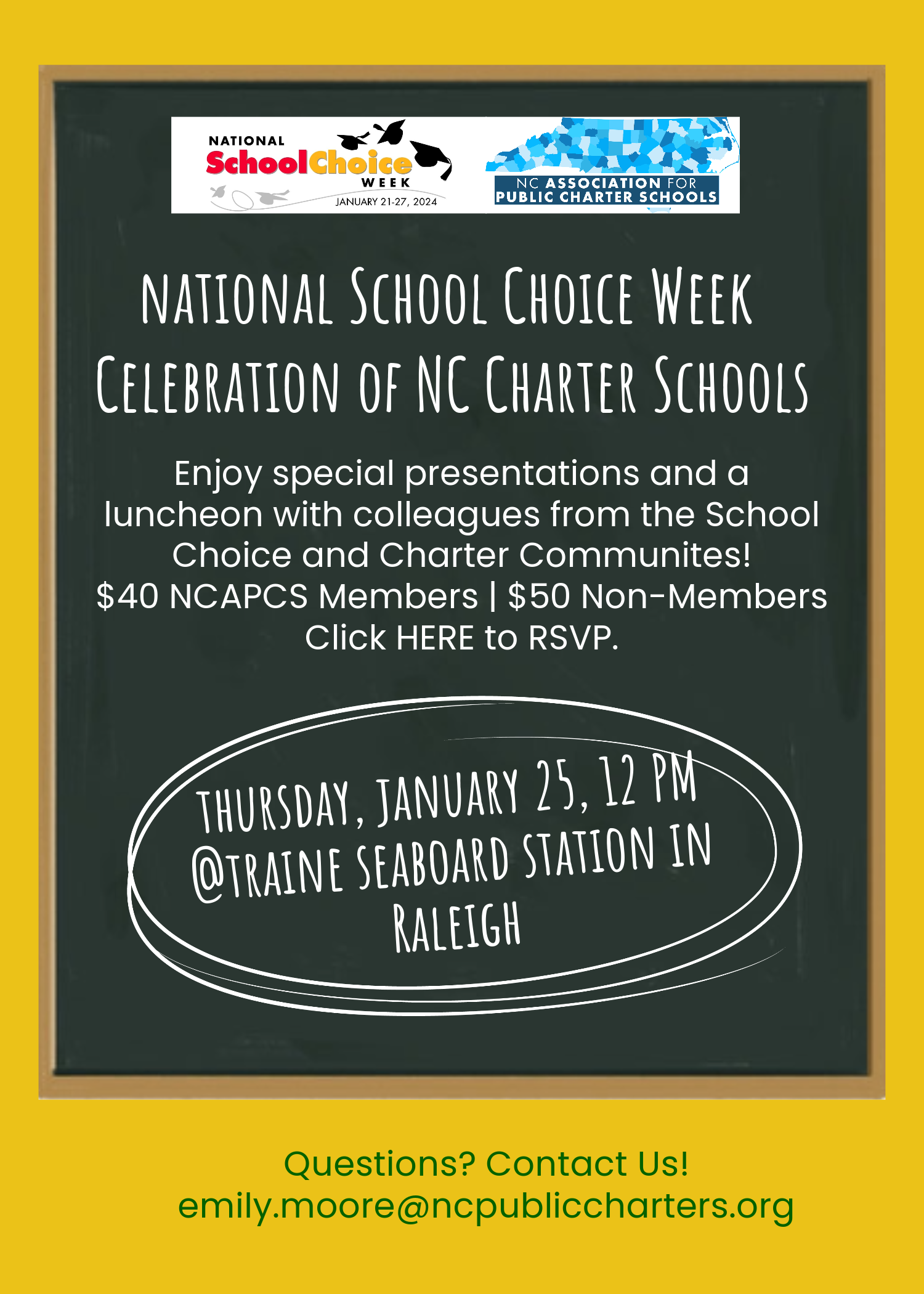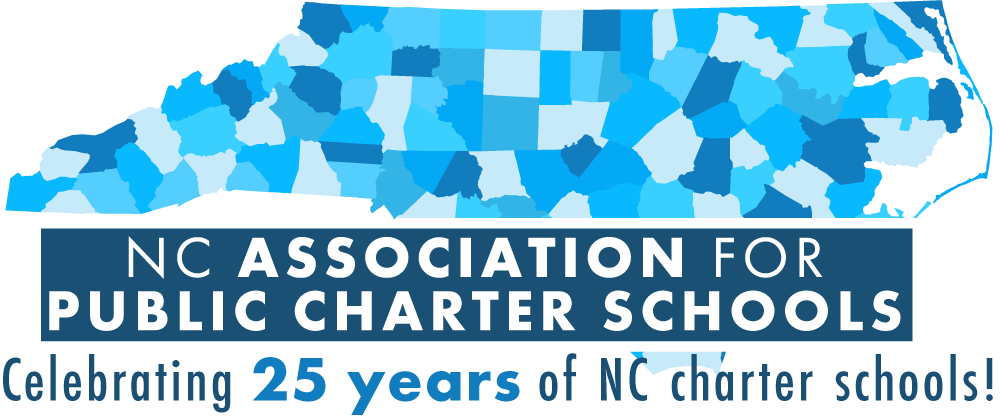How to Attract and Maintain the Best Talent for Your Charter School - By Jim Gray
Now is the time of year when you should be thinking about your school’s leadership for the 25-26 school year: its qualifications, experience, and personalities.
Whether you are a board chair looking for a head-of-school or the outgoing head trying to find a visionary and hard-working replacement, pay attention now to the search.
How do I search and get just the right head, principal, or key staffer such as a director of communications or fundraising?
You certainly can do it yourself. It’s best to rely heavily on Indeed, the recruitment service that works the best for me in doing ED searches. It’s followed closely by Linkedin and a job posting with the NC. Association of Public Charter Schools.
First job: figure out what the ideal person is and make that into a job description. That needs to be comprehensive but not too long as to bore the reader. Paint a picture of your school that will attract good candidates.



